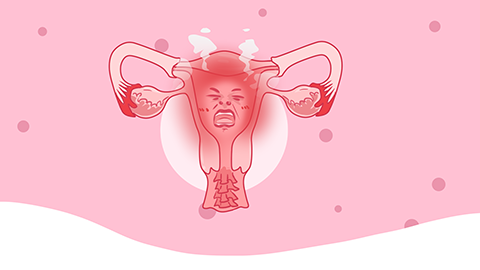Do patients with simple endometrial hyperplasia need long-term medication?
In general, whether long-term medication is needed for simple endometrial hyperplasia depends on a comprehensive assessment of the severity of the condition, treatment response, and individual patient factors. The specific analysis is as follows:

If the degree of hyperplasia is mild, the endometrium returns to normal after short-term drug therapy, and the patient has no menstrual abnormalities or hormonal imbalances, with stable follow-up results, long-term medication may not be necessary. This situation is often related to temporary hormonal fluctuations; once triggering factors are removed, the body can gradually self-regulate. Regular follow-up monitoring of endometrial status is sufficient, without the need for ongoing drug maintenance.
However, if the hyperplasia is extensive, accompanied by prolonged spotting, abnormal uterine bleeding, recurrence after drug treatment, or presence of high-risk factors such as obesity or polycystic ovary syndrome (PCOS), medication should not be discontinued arbitrarily. Long-term, standardized medication under medical guidance is required. Prolonged treatment helps suppress excessive endometrial growth and reduces the risk of progression to more serious lesions; stopping medication without authorization may lead to recurrence.
In daily life, maintain regular作息 (sleep-wake cycles), avoid staying up late to prevent hormonal disturbances. Eat a light, low-grease diet and manage body weight. Maintain emotional stability and avoid anxiety. Schedule regular gynecological ultrasounds and hormone level tests to monitor endometrial changes promptly.





